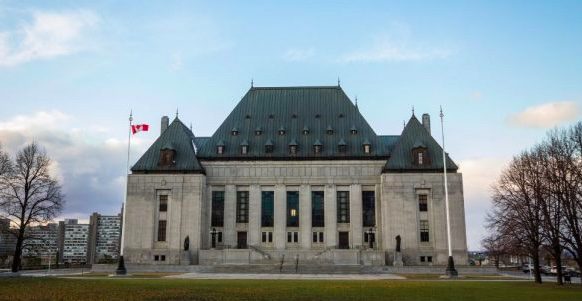
Safety, dignity, and lived experience ignored by Canada’s Supreme Court
In a disappointing decision, the Supreme Court of Canada reaffirms its stance on criminalization of sex work. The ruling of R. v. Kloubakov once again silences the very people most affected by these laws.
The decision comes months after the Court refused to hear submissions from 23 sex worker-led organizations and migrant advocacy groups. Shockingly, the court claimed their insights were “irrelevant.” Now, with the judgment delivered, the implications are clear. Canada’s sex work laws will continue to criminalize safety and perpetuate vulnerability to abuse, exploitation, and trafficking.
Criminalizing protection and pushing workers underground
While selling sexual services remains legal in Canada, nearly every element of doing that work—including purchasing services or communicating for that purpose—is criminalized. The result is a paradox: sex work is “legal” on paper, but virtually impossible to do safely or openly.
Under the Protection of Communities and Exploited Persons Act (PCEPA), anyone who “receives a material benefit” from sex work—including drivers or security staff—can be criminally charged. This is precisely what happened in R. v. Kloubakov, where two men working as drivers for an escort agency were convicted under these provisions.
Advocates have long argued that such laws harm sex workers by forcing them to work in isolation and avoid protective measures for fear of police surveillance, arrest, or deportation. These laws not only increase risk but also reinforce stigma, discrimination, and vulnerability to violence and exploitation.
As Teena Orchard, professor of health studies and author of a recent article for The Conversation, explains:
Criminalization isolates sex workers from society and resources, and positions them as targets for violence, discrimination and labour exploitation. It also contravenes regulatory approaches from the United Nations Human Rights Council, which views the criminalization of sex workers as a form of gender-based discrimination and advocates for a human-rights framework that aligns with decriminalization.
